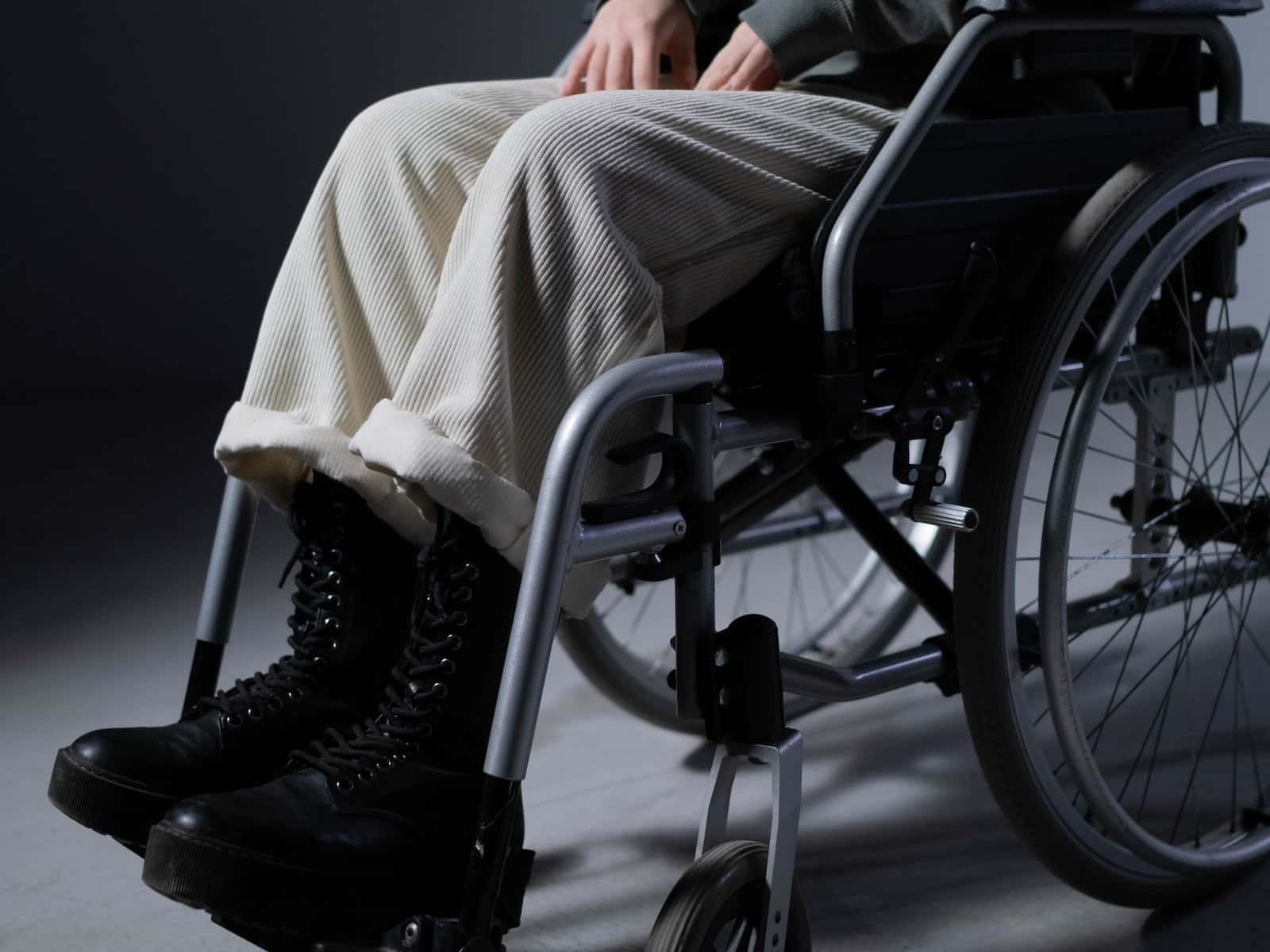Sleep Apnea Revealed: Causes, Symptoms, and Discovering Solutions
Admin
- 0

Contents
ToggleSleep Apnea
Sleep is really important for our health and feeling good. But some people have a sleep problem called obstructive sleep apnea that can disrupt their sleep. It affects many people around the world, so it’s important to understand what causes it, how to recognize the signs, and how to treat it. In this article, we’ll explore the basics of obstructive sleep apnea to help you understand it better. We’ll provide you with helpful information to identify the problem and find the right solutions. So, let’s learn more about this common sleep disorder that can make a big difference in your life.
What is Obstructive Sleep Apnea?
Obstructive sleep apnea (OSA) is a sleep problem where a person stops breathing for short periods during sleep. These pauses, known as apneas, occur when the muscles in the throat relax and block the airway. As a result, the affected person experiences brief interruptions in breathing, leading to fragmented sleep patterns and daytime drowsiness.
Also Read: Hormone Imbalance Uncovered: Causes, Effects, and Natural Solutions
Causes and Risk Factors
Several factors contribute to the development of obstructive sleep apnea. The primary risk factor is obesity, as excess weight can lead to the accumulation of fatty tissues around the throat, narrowing the airway and making it more susceptible to blockage. Age is another significant factor, with OSA being more prevalent in middle-aged and older adults due to natural muscle loss and decreased muscle tone, which can lead to airway collapse during sleep.
Gender also plays a role, as men are more likely to develop OSA than women. However, the risk for women increases after menopause due to hormonal changes. Additionally, having family members with sleep apnea increases the likelihood of developing the condition, suggesting a genetic predisposition.
Also Read: 10 Best Ways To Lose Weight Fast
Symptoms
Recognizing the symptoms of obstructive sleep apnea is crucial for early intervention. Some common signs include:
- Loud, chronic snoring
- Pauses in breathing during sleep, often witnessed by a sleeping partner
- Excessive daytime sleepiness and fatigue
- Morning headaches
- Difficulty concentrating and memory problems
- Irritability and mood changes
Treatment Options
Treating obstructive sleep apnea typically involves a multi-faceted approach tailored to the individual’s specific needs. The primary treatment options include:
- Lifestyle Changes: Making lifestyle modifications such as losing weight, avoiding alcohol and sedatives, maintaining a regular sleep schedule, and sleeping on your side can help alleviate symptoms of OSA.
- Continuous Positive Airway Pressure (CPAP): CPAP therapy involves wearing a mask that delivers a continuous flow of air to keep the airway open during sleep. This positive pressure prevents apneas and promotes uninterrupted breathing.
- Oral Appliances: Dental devices can be used to reposition the jaw or tongue, helping to keep the airway open and improve airflow during sleep.
- Surgery: In severe cases where other treatments have not been effective, surgical procedures may be recommended. These procedures can remove excess tissues that obstruct the airway or correct structural abnormalities contributing to sleep apnea.
Obstructive sleep apnea is a common sleep disorder that can have a big impact on your daily life. It can make you feel tired and affect your overall well-being. But don’t worry, there are ways to improve your sleep and feel better. If you think you or someone you know might have obstructive sleep apnea, it’s important to talk to a healthcare professional. They can help diagnose the problem and create a personalized treatment plan just for you. With the right support and treatment, you can improve your sleep, reduce health risks, and enjoy a better quality of life. Remember, reaching out for help is the first step towards better sleep and a happier, healthier you.
FAQs
What is Obstructive Sleep Apnea?
Ans. Obstructive sleep apnea (OSA) is a sleep problem where a person stops breathing for short periods during sleep. These pauses, known as apneas, occur when the muscles in the throat relax and block the airway. As a result, the affected person experiences brief interruptions in breathing, leading to fragmented sleep patterns and daytime drowsiness.
What are the symptoms of Obstructive Sleep Apnea?
Ans.
1. Loud, chronic snoring
2. Pauses in breathing during sleep, often witnessed by a sleeping partner
3. Excessive daytime sleepiness and fatigue
4. Morning headaches
5. Difficulty concentrating and memory problems
6. Irritability and mood changes

